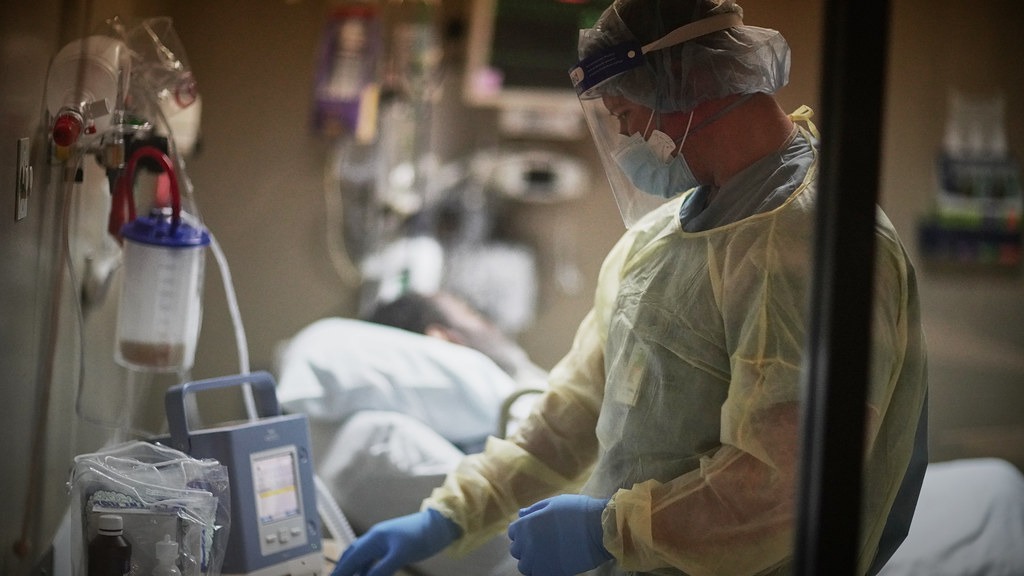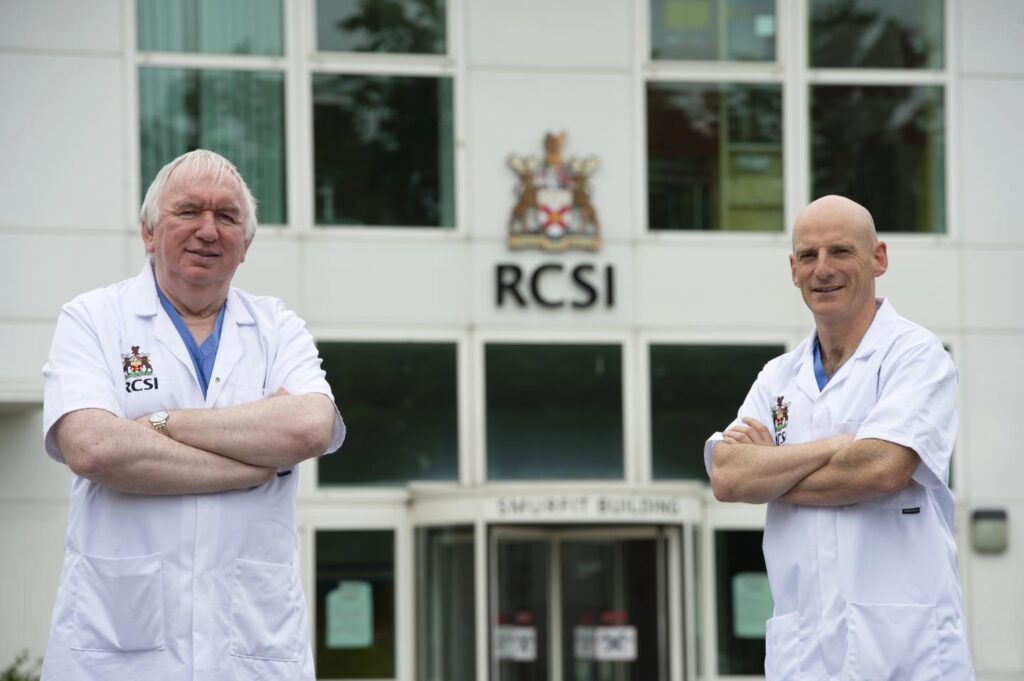
Scientists at RCSI University of Medicine and Health Sciences in Dublin, Ireland, claim they can now accurately predict the severity of Covid-19 on the seventh day of infection using a blood test.
The blood test – developed in cooperation with the Brigham and Women’s Hospital in Boston, Massachusetts – works by measuring the levels of two molecules that send messages to the body’s immune system and control inflammation.
Based on the changes in the ratio of these two molecules over time, the researchers developed a point system called the Dublin-Boston score, where each one-point increase was associated with a 5.6 times increase in the chance of a more severe outcome.
RCSI Professor of Medicine Gerry McElvaney, the study’s senior author and a consultant at Dublin’s Beaumont Hospital, said: “The Dublin-Boston score is easily calculated and can be applied to all hospitalised Covid-19 patients.
“More informed prognosis could help determine when to escalate or de-escalate care, a key component of the efficient allocation of resources during the current pandemic.
“The score may also have a role in evaluating whether new therapies designed to decrease inflammation in Covid-19 actually provide benefit.”

The Dublin-Boston score comes alongside research from the University of Southampton that recently discovered five cytokines – small proteins that regulate cell behaviour – that could help predict those at risk of life-threating overstimulation of immune defenses by Covid-19.
Commonly referred to as a “cytokine storm”, this outcome is one of the common causes of mortality associated with the disease, and one that healthcare professionals are currently targeting with the anti-inflammatory corticosteroid Dexamethasone.
Study behind Covid-19 severity blood test
The study that established the Dublin-Boston score was published by The Lancet’s translational research journal EBioMedicine.
The researchers studied the ratio of two molecules, or cytokines, interleukin (IL)-6, which is pro-inflammatory, and IL-10, which is anti-inflammatory, in 80 patients hospitalised for Covid-19, to investigate their relationship to clinical outcomes.
Prior to the study it had been established in other literature that levels of IL-6 are elevated in patients with Covid-19, and subsequently suggested that it be used as a potential biomarker to help identify patients who may benefit from proposed anti-inflammatory therapies, such as steroids or monoclonal antibodies.
But the researchers behind the Dublin-Boston score proposed that IL-6 levels within the same patient can vary significantly over the course of a day, as well as being influenced by immunometabolic comorbidities such as obesity.
Rather than focusing solely on increased baseline levels of IL-6 in Covid-19 patients, they proposed that it may be more useful to view inflammatory biomarker levels in the context of the ability for anti-inflammatory mediators to keep pace with pro-inflammatory ones.
To give a numerical reference to the ratio between IL-6 and IL-10 they created a five-point linear score predictor, the Dublin-Boston score, which was based on the change between two IL-6:IL-10 ratio measurements taken four days apart.
The study claimed that the score, consistent with a 5.6 times increase per one point, significantly outperformed the predictive capabilities of IL-6 alone in predicting clinical outcome at day seven.





